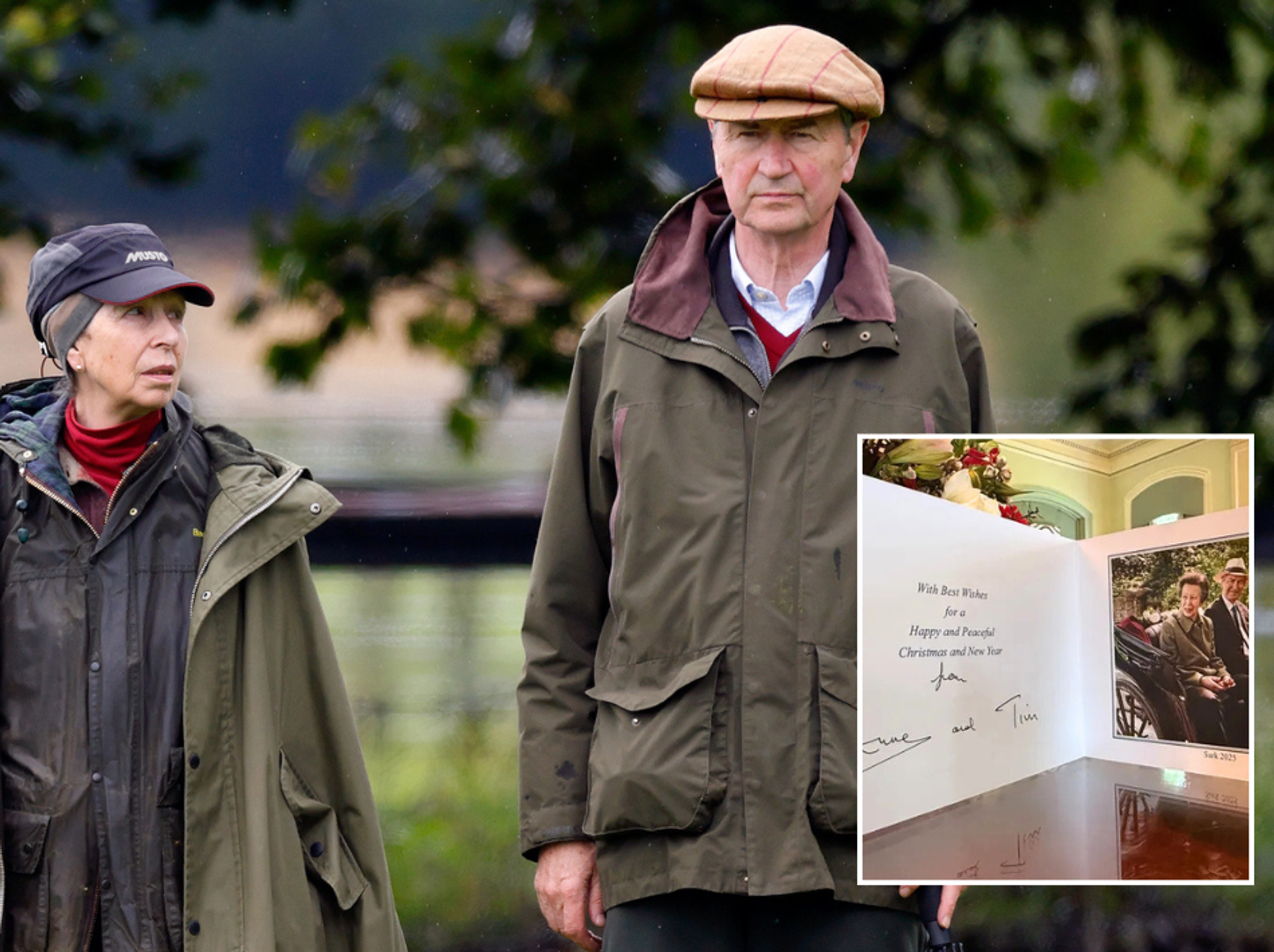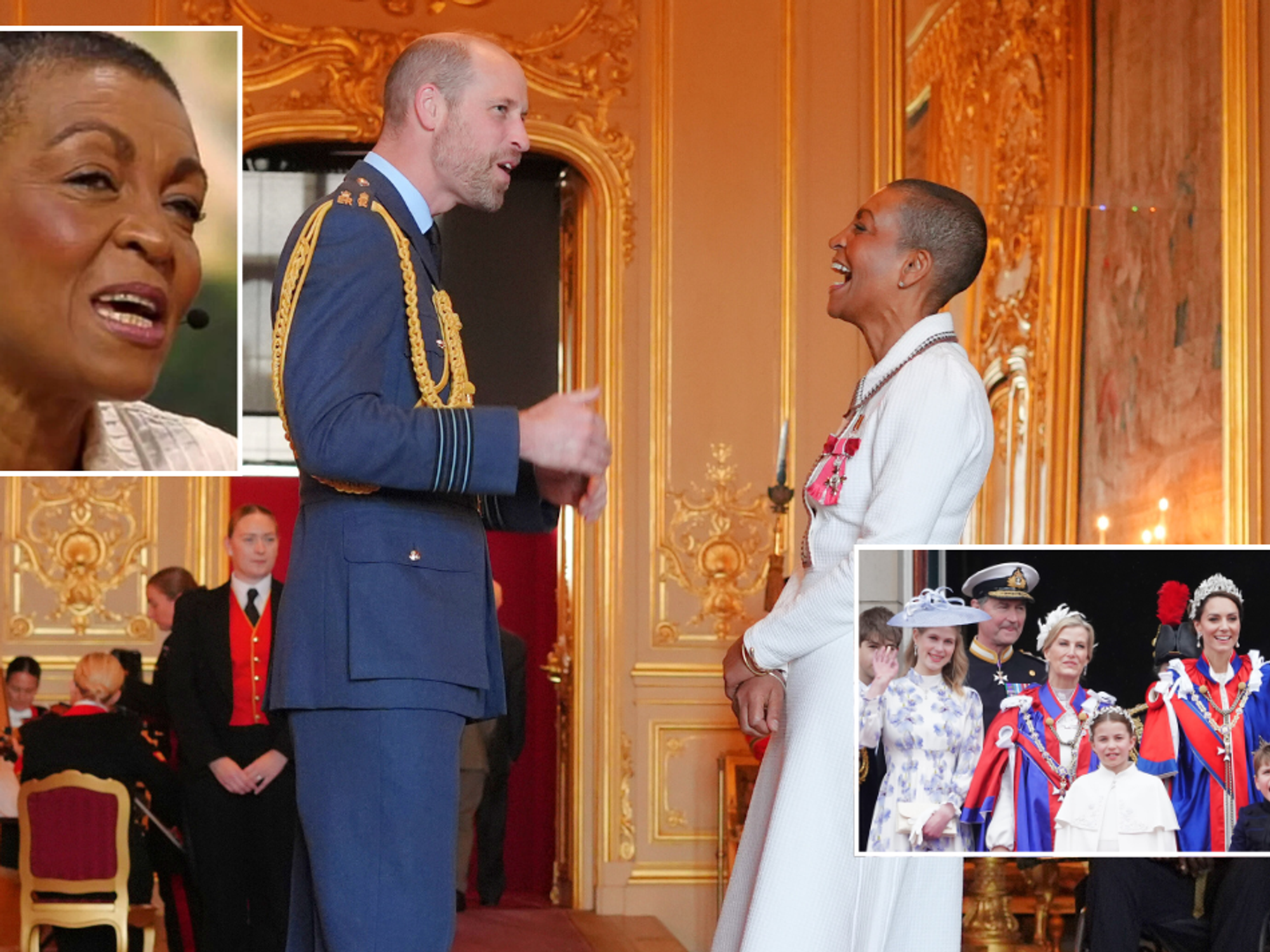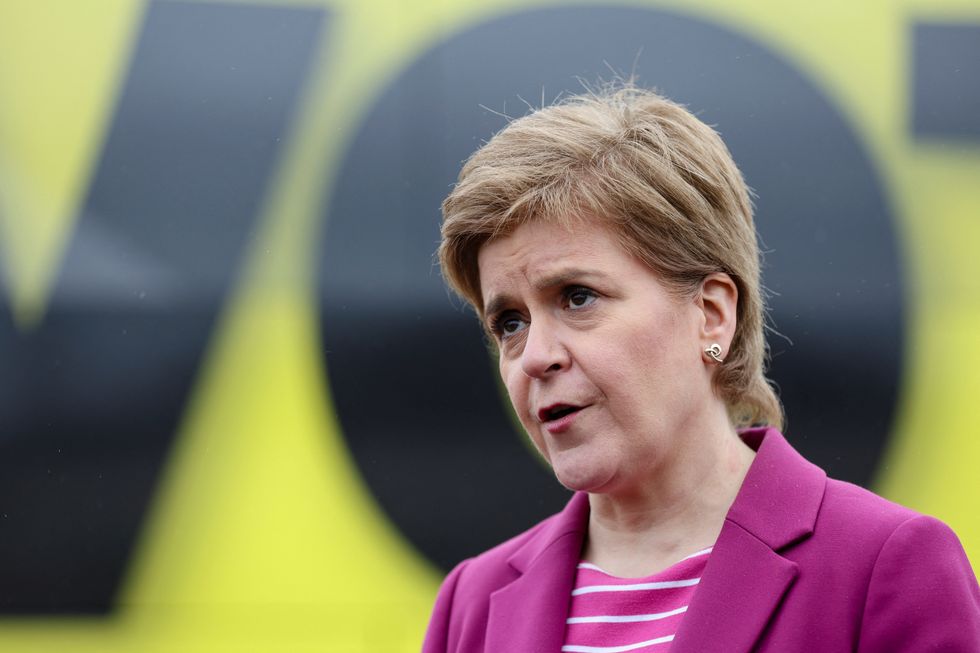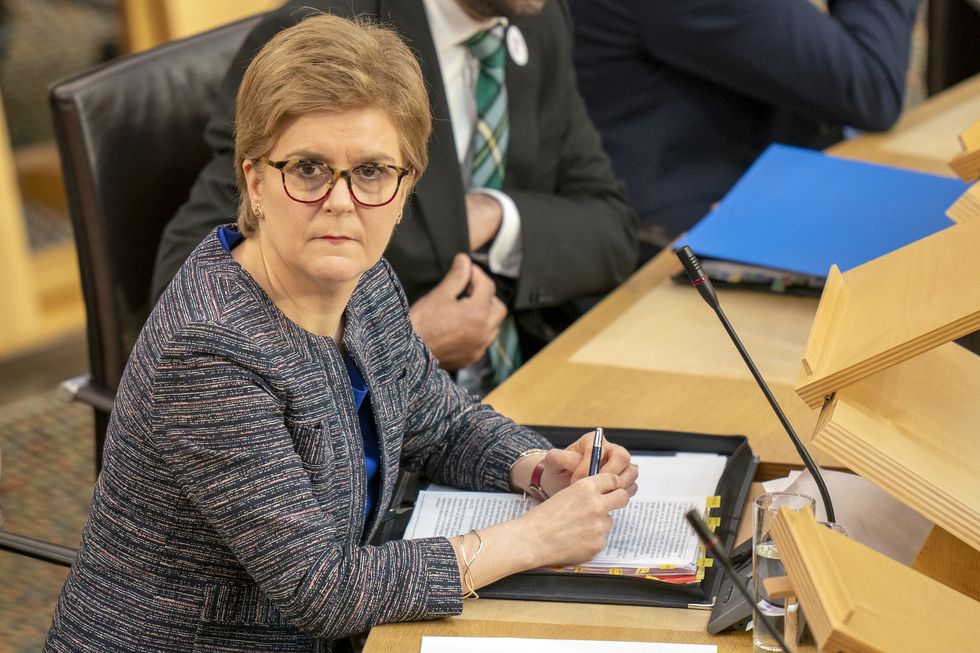Nicola Sturgeon becomes longest-serving First Minister of Scotland

At the time of that vote Ms Sturgeon and Mr Salmond worked closely together at the heart of the first-ever SNP administration at Holyrood
Don't Miss
Most Read
Latest
Nicola Sturgeon has become Scotland’s longest-serving First Minister.
Having now served a total of seven years, six months and five days in the top job, Ms Sturgeon has overtaken her predecessor Alex Salmond – who quit as first minister in the wake of Scots voting to stay part of the UK in the 2014 independence referendum.
At the time of that vote Ms Sturgeon and Mr Salmond worked closely together at the heart of the first-ever SNP administration at Holyrood.
Since then her relationship with the man she succeeded has turned sour amid the Scottish Government’s botched handling of harassment complaints against Mr Salmond.
While she has reached a new milestone, Ms Sturgeon – who became Scotland’s first female first minister when she took on the job in November 2014 – seems unlikely to have little time to celebrate as her government faces criticism over cuts in services by the newly nationalised ScotRail and ongoing questions over the construction of two new ferries for lifeline routes, which are years late and over budget.
Nicola Sturgeon has now taken over her predecessor Alex Salmond.
Russell Cheyne
Over the coming months, the Scottish Government will also look to pass two of the most controversial Bills in the history of the Scottish Parliament.
The first, the Gender Recognition Reform (Scotland) Bill, is currently making its way through Holyrood and would see the reduction of the minimum age required for a trans person to apply for a gender recognition certificate (GRC) – which allows for a birth certificate to be changed to reflect acquired gender.
It would also reduce the length of time required for a person to live in their acquired gender from two years to three months, with a further three month reflection period.
While the Bill has received widespread support from the LGBT community – with some even suggesting it does not go far enough – women’s groups have raised concerns about the impact of the legislation on the rights of women and girls.
Debate around the issue has often become terse between supporters and detractors of reform, with aggressive debates often taking place online.
Ms Sturgeon will also be tasked with shepherding a potentially legally problematic Bill through Holyrood that could fulfil her primary political ambition; Scottish independence.
Sturgeon's premiership has been divisive at times, as she continues to strongly back Scottish independence.
Jane Barlow
The referendum Bill, which is yet to be published by the Scottish Government, is expected to pledge a referendum before the end of 2023 – the official government timeline for another vote.
With Downing Street repeatedly digging in their heels over the subject in recent years, it is unlikely the required powers will be devolved to Scotland to hold another referendum, meaning the passage of the Bill – guaranteed thanks to the power-sharing agreement between the SNP and Scottish Greens – could end up in court.
The Scottish Government would then build a case that the Scotland Act 2016 allows for the Scottish Parliament to legislate for another referendum.
The achievement was hailed by Ms Sturgeon’s deputy John Swinney as one she can “look on with pride”.
“As the country’s first female leader, her tenure has helped make Scotland a better, fairer country for all who live here,” he said, going on to say she had overseen an expansion of childcare, closing of the education attainment gap and the building of a welfare system in Scotland.
Recent results show the attainment gap has narrowed since 2017, but grew during the Covid-19 pandemic.
“All of these policies are helping lay solid foundations for an independent Scotland, and we will now step up the work to deliver independence,” he added.
Scottish Tory leader Douglas Ross has described Nicola Sturgeon's record as 'appalling'.
Jane Barlow
“Of course, the ultimate judges of the First Minister’s leadership are the electorate – and, in election after election, they continue to give her a resounding endorsement.”
Despite the milestone, opposition leaders were less than congratulatory.
Scottish Tory leader Douglas Ross described the First Minister’s record as “appalling”, pointing to rising drug deaths, the poverty-related attainment gap in education and problems in the NHS.
“All this mismanagement and failure has played out against a backdrop of a nation divided due to Nicola Sturgeon continually picking at its constitutional scab,” he said.
“Instead of healing Scotland after the 2014 referendum, her constant push for another vote has split the public, distracted her Government and left business in limbo.
“For these reasons, history will look back on her legacy as extremely damaging for Scotland.”
Labour leader Anas Sarwar had a similar reflection on Ms Sturgeon’s tenure.
He said: “While Nicola Sturgeon is strong on rhetoric and grandstanding, the reality of her failures mean that thousands of Scots are unable to receive NHS treatment and even more are being hit in the pocket by the cost-of-living crisis.
“The legacy of this First Minister will be one of division and building an us vs them culture in our country.
“We can’t go on like this.”














